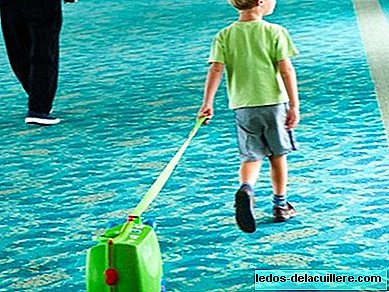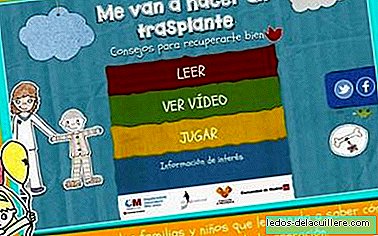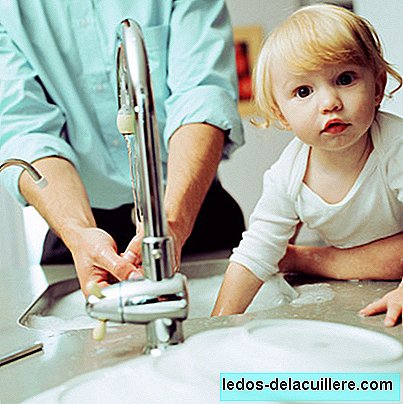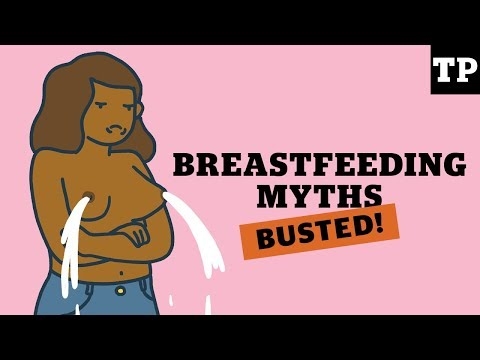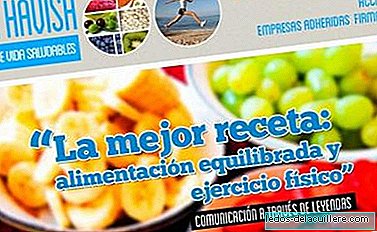
Probably during what we have been for years you have noticed a novelty that accompanies many food advertisements. The Spanish Agency for Food Safety and Nutrition has signed an agreement with the food industry to include healthy messages in television advertising of its products throughout the year 2013.
Thus, together with the advertising of different brands of food we see subtitles legends that promote healthy eating, regular physical activity and, in short, tips for the population to be aware of how important it is to lead healthy living habits.
AESAN has signed a collaboration agreement with the Alimentum Foundation, and the Plan for the promotion of Healthy Living Habits in the Spanish Population (HAVISA Plan). It is intended in this way to join forces in the fight against obesity.
The Plan has implemented this action that includes messages and legends in advertising campaigns that are carried out on television by companies that are members of the Multisectoral Association of Food and Beverage Companies, during the period between 7 January 2013 and December 31, 2013.
The messages are included in Spanish or in any of the other peninsular languages, and vary every month. The ones we have seen so far are:
The best recipe: balanced diet and physical exercise. Do physical activity daily. Eat varied, balanced and moderate.
In the coming months we will have messages that encourage you to walk 30 minutes a day, eat more fruit and vegetables ... However, it is paradoxical to see advertisements of highly caloric foods, with excess fats and sugars, combined with these messages that encourage a healthy life .
These texts have caught my attention in various baby foods, although they also appear in other types of products.
And the main food and beverage companies in Spain participate in the campaign: Bimbo, Calvo, Campofrío, Coca Cola, Danone, El Pozo, Ferrero, Gallina Blanca, Pascual Group, Hero, Kellogg's, Nestlé, Nutrexpa, Orangina Schweeppes, Panrico Donuts, Pepsico, Pescanova ...
Although, as we always say, the ideal is not to abuse any food, and if our children consume industrial cocoa cream occasionally (for example), they do not have to fall into the grip of obesity.
In short, although the messages they propose in the ads are successfulI do not know what effect it has on the viewer to see it together with certain foods that do not contribute precisely to a healthy life. Ads that make food (especially children) not recommended.
But, given that advertising is key to the increase in childhood obesity, perhaps other mechanisms could be put in place to help make unhealthy foods more regulated.
Will these messages of the HAVISA plan leave a mark on the viewer-consumer? In the end, only one thing is clear to me: our children are not going to read these messages, we are the recipients and those who in theory should assume or reject them.
Official Site | Healthy living habits In Babies and more | Unhealthy food advertising, Junk food and advertising for children, the United States proposes to suppress children's advertising of junk food


